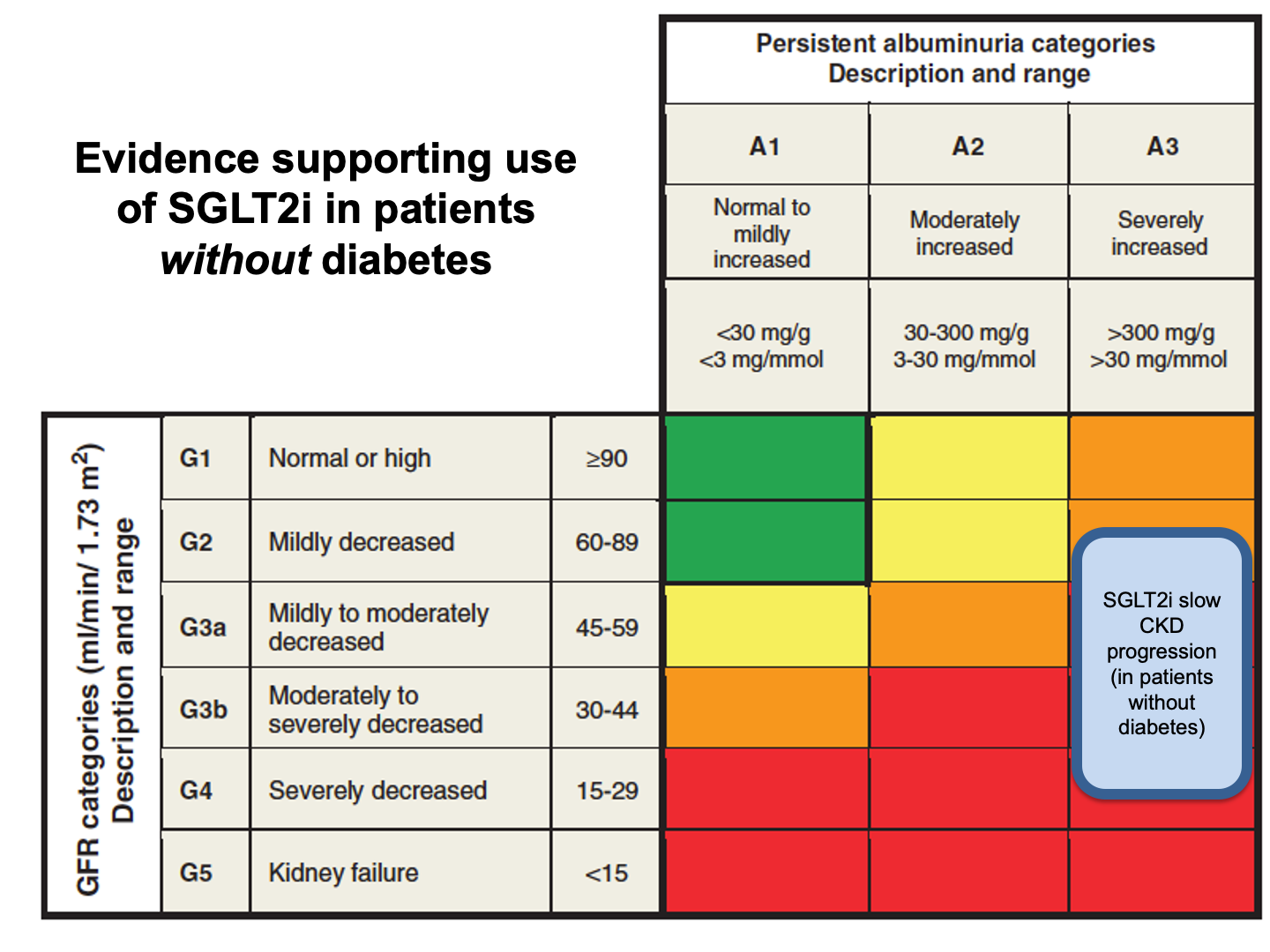A term that describes the psychological, social, emotional, spiritual, and physical experience of pain.
Total Pain
The two NSAIDs are believed to be more selective for COX2 inhibition.
Celecoxib, Meloxicam
Past history of OUD or SUD, anxiety, trauma, certain mental health diagnoses, and certain psychiatric medications are the factors most correlated with risk for developing OUD. The presence of how many factors place the patient at a higher than standard risk for OUD?
just one factor
The opioid side effect of constipation is transmitted via this nerve.
Vagus nerve
A term to describe the pain that arises from the impact on a person’s sense of control, identity, justice, and meaning.
Existential or Spiritual Pain
The eGFR or CKD stage which NSAIDs would be a contradicted.
eGFR < 30
> CKD stage 4

In context of starting Buprenorphine for chronic pain management: If patient is on 100 MME or greater, which buprenorphine formulation is a best option to start with?
(transdermal, buccal, sublingual)
Sublingual
Suboxone (Buprenorphine/Naloxone), easier to get than Subutex (Buprenorphine only).
When offering a therapy, it is either the intent or the effect that dictates whether it is an ethical medical practice?
Intent
A term that describes pain from the loss of position and role within family and society
Social Pain
An non-opioid analgesic which the mechanism of action is believed to be due to activation of descending serotonergic inhibitory pathways in the CNS.
Acetaminophen/Paracetamol
An opioid medication that has an active metabolite that binds to mu-opioid receptors, however also inhibits the reuptake of norepinephrine and serotonin.
Tramadol.
- Concentrations of tramadol were ~20% higher in “poor metabolizers” versus “extensive metabolizers,” while M1 concentrations were 40% lower.
Does xerostomia (dry mouth) improve with opioid tolerance?
No.
DAILY DOUBLE: name one lifestyle modification and name one medication that can improve xerostomia.
The words that the OPQRST mnemonic stands for in the initial pain assessment.
Onset
Palliative, provocative factors
Quality (burning, stabbing, etc)
Region, radiation, referral (radicular - does the pain travel?)
Severity
Temporal factors (duration, daily fluctuations, constant/intermittent)
A subclass of analgesics (non-opioid, opioid, glucocorticoids, gabapentoinds, etc) that are relatively nontherapeutic for cancer-related bone pain.
Opioids
The only long-acting opioid available in liquid formulation.
Methadone
This medication can improve urinary dysfunction caused by opioid side effect.
Methylnaltrexone/Relistor, Naloxegol/Movantik.
(b/c opioids reduce the detrusor muscle tone)
Term to describe the effects that are generated when a treatment is delivered within a negative psychosocial context. E.g. worsening symptoms after a negative diganosis
Nocebo effect
Name 3 chemotherapeutic medications that can cause neuropathy.
Common chemotherapy drugs: -platins, -taxils, vinca alkaloids
MS Contin cannot be crushed and placed in PEG, this long-acting morphine formulation can be.
Morphine Sulfate ER capsules (Kadian)
The number of doses of Relistor/methylnaltrexone required before judging efficacy.
3 doses
FREE RESPONSE:
This interval for Rx-ing opioids is helpful so that patients will need refills on the same day each month.
28 days, or any 7 day multiple